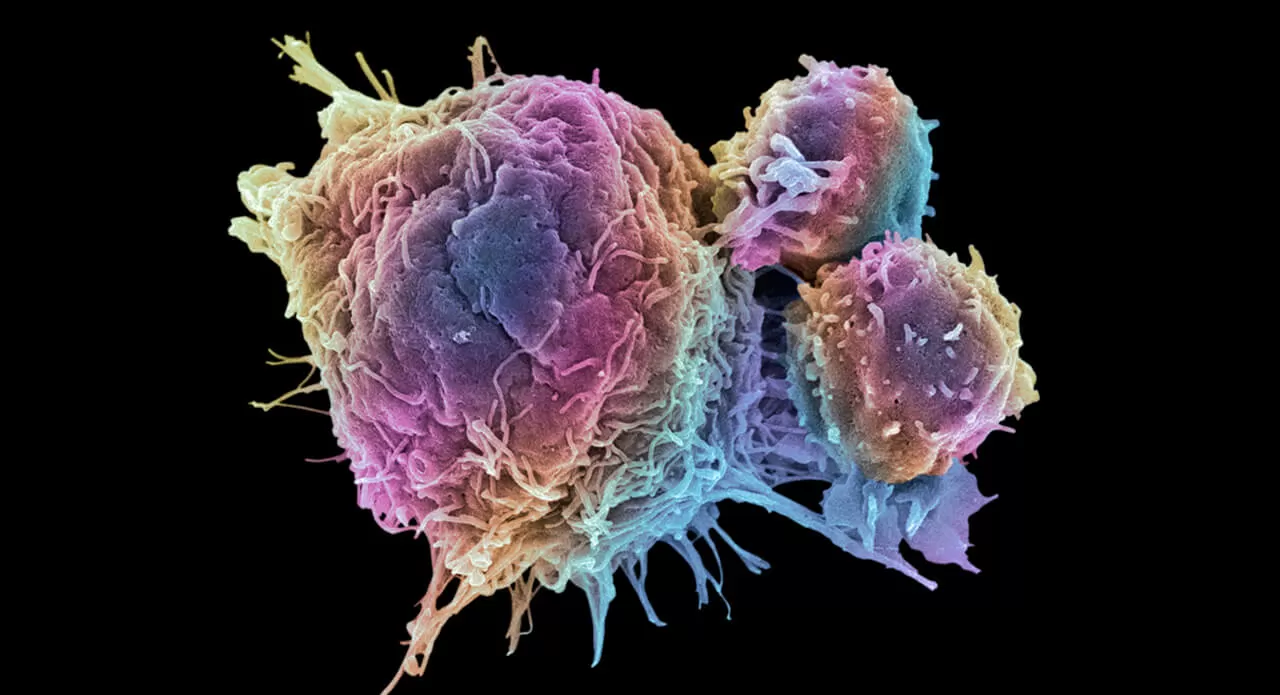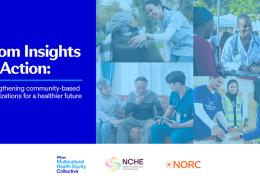Drug Makers Recruit Patients With Specific DNA for Precision Medicine Trials

Precision medicine is an evolving field focused on bringing more precisely targeted medicine to more precisely targeted patients. The goal is to identify specific subgroups of patients, and match them to a customized treatment that potentially could be transformative. Advances in genetic analysis, the use of AI to analyze patient data, and new drug discovery techniques are making precision treatments much more possible to develop and deliver.
But there’s a huge hurdle between research lab and pharmacy shelf: Clinical trials for precision medicines require precisely targeted participants — patients who match the treatment’s target profile.
The existing clinical trial system was painstakingly developed to try to ensure that drugs work on real people in the real world, without unexpected side effects. But for several reasons, the system is unintentionally skewed in terms of the patients who actually participate. Trials tend to be held at a limited set of medical sites. The principal investigators tend to be a limited set of doctors affiliated with these sites. And patients tend to be a limited set of respondents who learn about the trials and will take the time to participate.
Brendan O’Neill, Senior Director of Patient Recruitment at Pfizer, says, “It used to be that if you had an oncology compound, you were looking for patients with breast cancer. Now, it’s so targeted that not only do you need patients with a specific type of breast cancer, you need to have a specific gene mutation that needs to be measured, analyzed, archived, and ready to go before you even talk to an investigator. It makes identifying the right patients and conducting clinical trials that much harder.” A gene mutation is an area of one’s DNA code that is different from that of most people.
“In addition,” he says, “the FDA has been critical of a lot of the registration submissions over the past ten to fifteen years due to the lack of diversity in trial participants. And rightly so. It’s an unintended consequence of the way companies select investigator sites and recruit patients. We need to enroll a more diverse patient population in our clinical trials — not only to demonstrate safety and efficacy, but because sometimes the drug works differently in different populations.”
To test precision medicines on the people for whom they are intended, the pharmaceutical industry is taking several steps to recruit patients from outside the usual pool.





